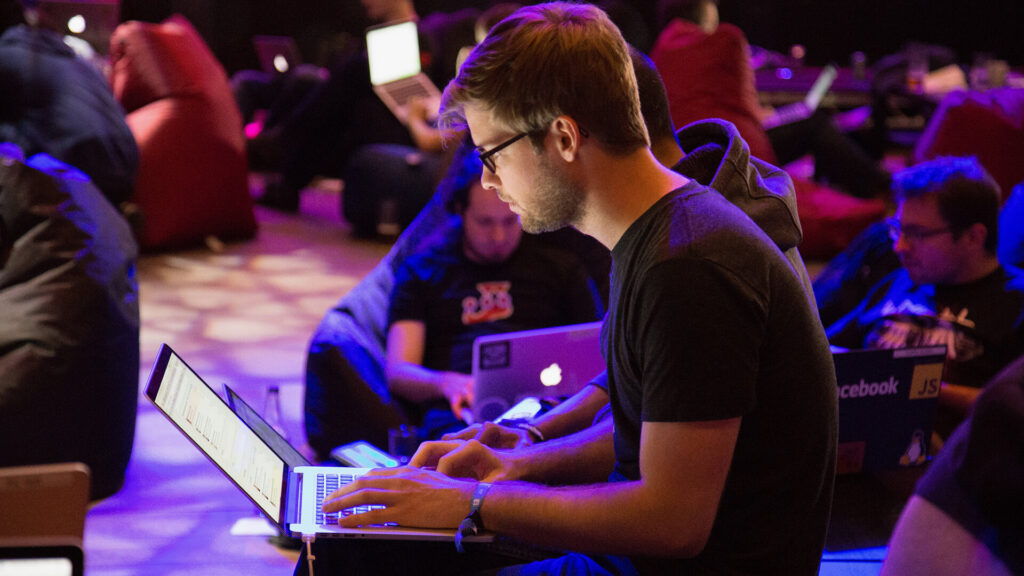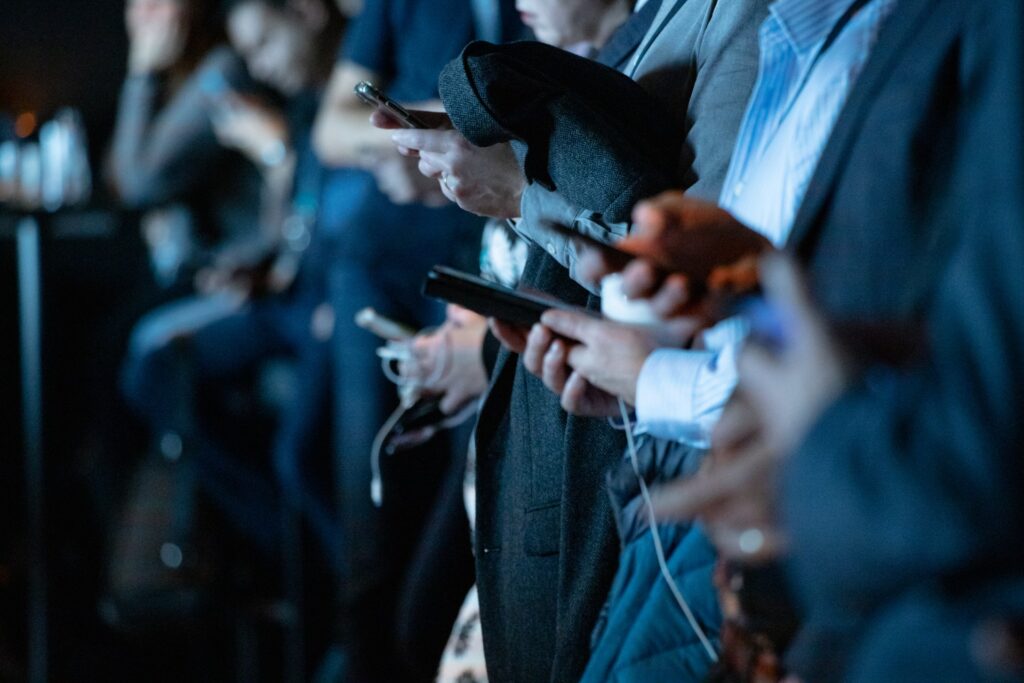Staring at a screen all day can take both a mental and physical toll on the body. In the last year, there has been a sharp increase in the amount of time we spend looking at our screens.
As the number of hours we spend looking at our screens increases, so will the number of hours we spend online. Does this affect our mental health? The answer is yes! Overstimulation can lead to depression and anxiety.
According to addictionrehabtreatment.com you can quickly get help for depression, anxiety, and other mental health issues and don’t have to struggle alone. Keep reading to find out.
“Teenagers are always on their phones” is something you hear a lot nowadays. Data has shown that adults can be just as bad if not worse than teenagers when it comes to racking up hours online. There’s plenty of research on how screen time can affect a child’s brain, but there’s very little information on how adults may be affected by constantly being online.
The Technology Boom in Recent Years

As technology starts to develop more and more, there’s no surprise that we’re starting to see it showing up more and more as we go about the day. Generally, working from home requires you to be connected constantly, and when you’re not working, you’re most likely scrolling through social media or watching something on your SmartTV.
The smartphones we carry around in our pockets provide us with 24/7 access to screens and enable us to stay connected throughout the day. Many view technology as a great way to feel connected and in touch with those we care about, but the jury is still out on whether or not its effects on our mental health outweigh the positivity it brings.
Laughing at a meme or online comedy show can bring you temporary joy and laughter. Still, research has proven that spending more than several hours a day online can worsen a person’s mood significantly and can actually make you feel anxious and unsettled.
Technology vs. Mental Health

“The relentless connectivity could be making us feel disconnected,” says Dr. Gail Saltz, clinical associate professor of psychiatry at New York-Presbyterian and psychoanalyst.
Many people seem to feel that they can replace the time they may have invested in genuine relationships with screen time. Screens cannot provide the same close and genuine feeling that a connected, intimate relationship can make a person feel more lonely than before.
Screen time is also a form of sedentary behavior. This behavior can often be linked to depression and other mental health disorders, and the constant scrolling can be in itself be destructive, leading to FMO (fear of missing out).
Screens at Night

When you deprive yourself of sleep to stay up longer using your mobile device or watch TV, you increase your chances of becoming depressed. Using your screen before you go to bed at night will disrupt your sleep, and The blue light will suppress your melatonin levels.
The blue light emitted from screens can further disrupt your sleep cycle as your body still thinks it’s daytime. Using screens will make it difficult for you to fall asleep, causing you to feel drained and anxious the next day, resulting in a very low mood that can impact your mental health if repeated enough times.
Defeating the Screen and Helping Your Mental Health

In this day and age, avoiding screen time is almost impossible. Most adults work over 40 hours a week and come into contact with a computer for most of the time. Maintaining a balance can be difficult, but it is not impossible.
Investing time into reducing the number of hours you spend online will help your mental health significantly and improve your real-life relationships no end. It’s surprising how we can break the scrolling habit quite quickly if we try to focus on other things.
Taking short breaks throughout the day to step back from the computer is a great way to start. Taking a break will help you check back in with reality and forget about the tiny world behind the screen. Going for a stroll or sitting on a bench outside will help you feel more grounded and give you time to think.
We often get so engrossed in the world behind our screens that we forget to take a moment to look at the situation from a different perspective, which doesn’t involve social media.
Consider Using a Limiting Tool

Using a program to measure and manage your screen time is a terrific way to make the most of your time and reduce the amount of time you spend staring at a screen.
It’s easy to become addicted to all forms of social media, and we’ve all had those moments when pulling our gaze away from Twitter or YouTube feels impossible.
If your social media usage is becoming a problem, you might consider downloading an app or browser extension to help you limit your time on sites that interfere with your work.
Screen time report is a great app available on iPhone that will give you daily reports on the number of hours you’ve spent online and compare it to previous weeks. This software will also break down your screen time into categories and schedule downtime and app limits to help you take time for yourself.
Wearing a smartwatch is a great way to monitor and remind yourself to take a break or get up and move around. When you start to get your body moving, more oxygen will be pumped around your body, helping you think clearly and internally discuss any emotions you may be feeling at that moment.
Technology is a beautiful thing and represents how far we have come in life, but it can also be very damaging and lead to severe depression if not used in moderation. When you’re constantly online, you forget to check in with the real world, which can be incredibly damaging to your mental health.








